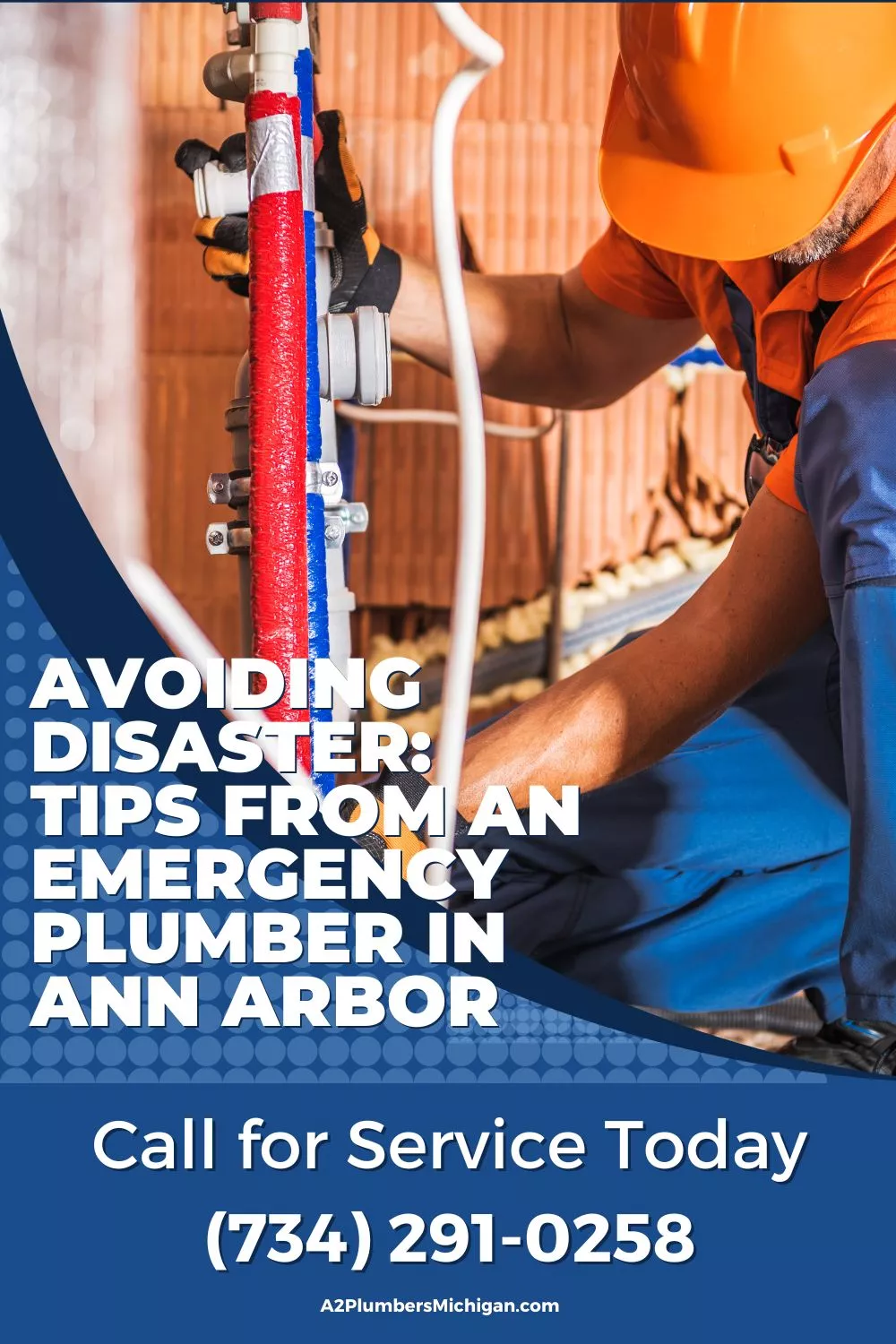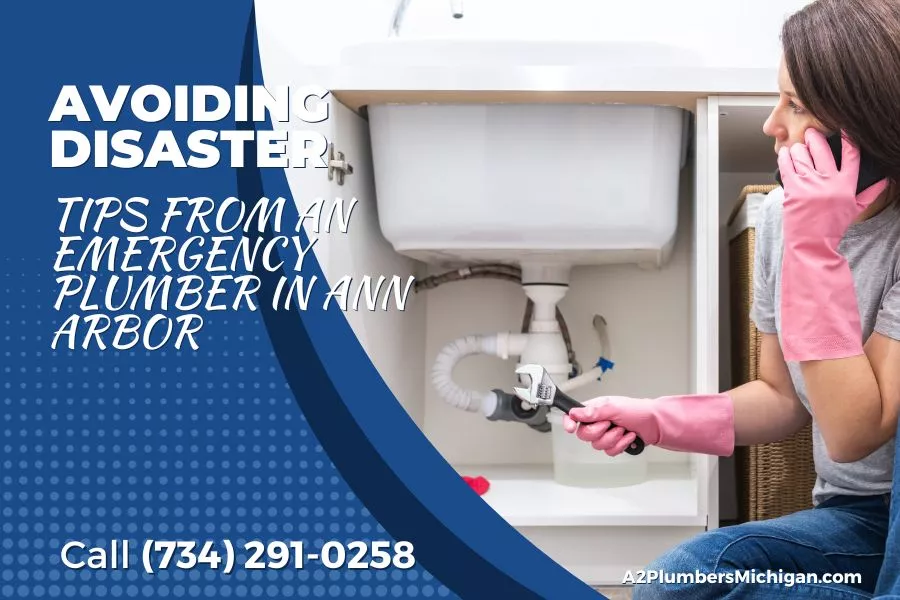Imagine this: it’s a chilly Michigan night in Ann Arbor. You’re enjoying some downtime when suddenly, you hear it—the unmistakable sound of water gushing where it shouldn’t. Panic sets in. The idea of water damage to your home is enough to send chills down your spine, but don’t lose your cool just yet. Here’s the good news: with a bit of knowledge and a calm approach, you can prevent a plumbing emergency from turning into a full-blown disaster. Here are some practical tips from an emergency plumber in Ann Arbor.
First Things First: Know Where Your Water Shut-Off Valve Is
If there’s one thing that every homeowner in Ann Arbor should know, it’s the location of the water shut-off valve. It’s your first line of defense against flooding. This valve, often found in the basement or near the water heater, can stop the flow of water to your entire house. The key is to act fast. If you notice a leak or burst pipe, shutting off the water can prevent extensive damage.
Let’s say you’ve just discovered a burst pipe under your sink. Water is pooling fast, and the pressure is on. Before you even reach for your phone to call a plumber, head straight for the shut-off valve. You’ll save yourself from a potential nightmare.

Got a Clogged Drain? Don’t Go Overboard
We’ve all been there—dealing with a stubborn clog that just won’t budge. It’s tempting to keep dumping more and more drain cleaner down the pipe, hoping it’ll do the trick. But this can lead to more harm than good. Drain cleaners, especially those harsh chemicals, can corrode your pipes over time, leading to bigger problems.
Instead, try using a plunger or a drain snake. These tools are often enough to dislodge most clogs. If they don’t work, it’s time to call in an expert. Your plumbing system is tough, but it’s not indestructible.
Frozen Pipes? Handle with Care
Winter in Ann Arbor can be unforgiving. One common issue around here is frozen pipes. When the temperature plummets, the water in your pipes can freeze and expand, leading to a burst pipe. If you suspect a pipe has frozen, don’t try to thaw it with an open flame or anything too hot. This can cause the pipe to crack.
Instead, use a hairdryer or a space heater to gently warm the pipe. Start from the faucet and work your way back. This can help prevent pressure from building up, reducing the risk of a rupture. And remember, leaving a trickle of water running during freezing weather can help keep your pipes from freezing in the first place.
Pay Attention to What Goes Down the Drain
It might seem harmless to wash food scraps down the kitchen sink, but that’s a recipe for a clog. Grease, coffee grounds, and fibrous foods like celery can easily build up in your pipes, causing a blockage that might require an emergency call to your local plumber.
Here’s a tip: keep a small compost bin on your counter. It’s an easy way to dispose of food waste without sending it down the drain. Your pipes will thank you.
Don’t Ignore the Signs of a Leak
A slow drip may not seem like a big deal, but even a small leak can lead to significant water damage if left unchecked. Plus, that water adds up over time, which can hike up your water bill. If you notice a persistent drip or water stains on your ceiling or walls, it’s time to take action.
You might be tempted to tackle some of these repairs yourself. That’s fine for minor issues if you’re confident in your skills. But if you’re unsure or the problem seems more serious, it’s smarter to call in a pro. A quick fix now can save you from a costly repair later.
Keep an Eye on Your Water Heater
Water heaters don’t last forever. If yours is more than ten years old, it’s wise to keep a close eye on it. Strange noises, rust-colored water, or puddles around the base are signs it might be on its last legs. Regular maintenance, like flushing the tank once a year, can extend its life. But if you’re facing frequent issues, it’s probably time to think about a replacement.
Summing It All Up
Plumbing issues can be stressful, but with the right know-how, you can keep your home safe and dry. Whether it’s finding your water shut-off valve, dealing with frozen pipes, or simply knowing when to call in the experts, a little preparation goes a long way. And remember, you’re not alone—there’s always a local plumber in Ann Arbor ready to help when things get out of hand.



